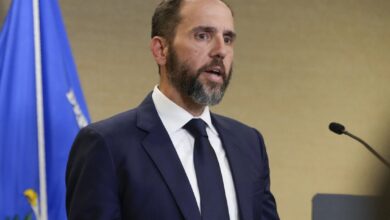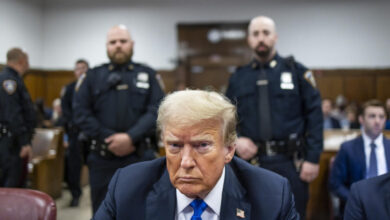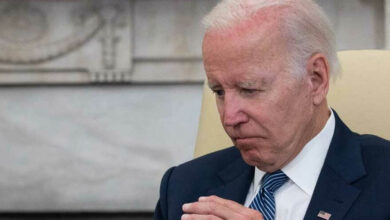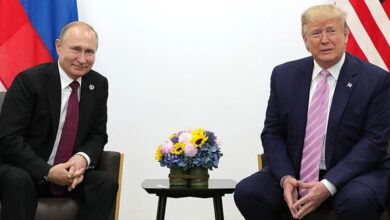Justin Trudeau Steps Down as Canadian PM Amidst Political Pressure
Canadian Prime Minister Justin Trudeau announced his resignation as the leader of the Liberal Party on Monday, January 6, 2025.
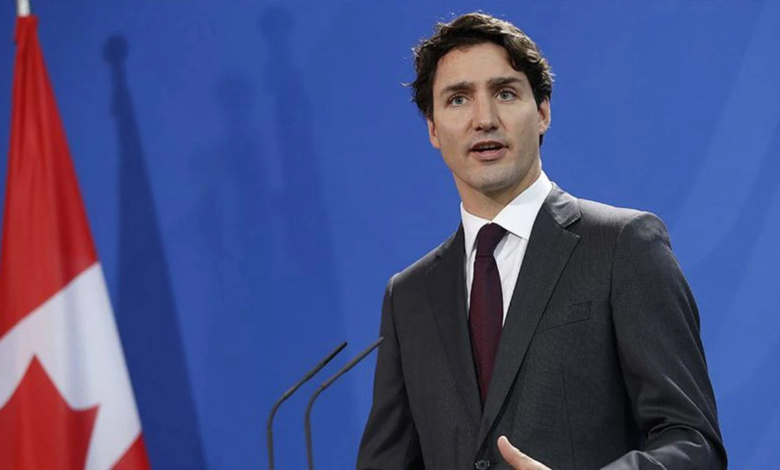
Canadian Prime Minister Justin Trudeau announced his resignation as the leader of the Liberal Party on Monday, January 6, 2025. Trudeau, who has served as prime minister since 2015, declared he would remain in office until a new leader is chosen, signaling an end to his nearly decade-long tenure. This decision comes after months of growing pressure from within his party and the public, exacerbated by economic challenges, internal party dissent, and the looming threat of U.S. tariffs under incoming President Donald Trump.
During a news conference at Rideau Cottage in Ottawa, Trudeau cited “internal battles” within the Liberal Party as a reason for his departure, stating that the country deserved “a real choice” in the next election. His announcement coincided with a request to Governor General Mary Simon to prorogue parliament until March 24, providing time for a leadership contest without triggering an immediate election.
The resignation follows a period of waning popularity for Trudeau, with recent polls showing a significant lead for the opposition Conservative Party under Pierre Poilievre. The mounting pressure on Trudeau was further intensified by the abrupt resignation of his Finance and Deputy Prime Minister, Chrystia Freeland, in December, over policy disagreements concerning the response to Trump’s tariff threats.
Trudeau’s time in office was marked by progressive policies, including legalizing cannabis, implementing a carbon tax, and advancing reconciliation efforts with Indigenous communities. However, his administration faced criticism for handling issues like the housing crisis, inflation, and the ongoing effects of the COVID-19 pandemic.
The Liberal Party will now navigate a leadership race that could see figures like Dominic Leblanc or Mark Carney emerge as potential successors. This transition comes at a critical time as Canada prepares for a federal election that must be held by late October 2025.
Reactions to Trudeau’s resignation vary, with some expressing relief or criticism towards his leadership, while others discuss the procedural implications of his departure. The political landscape of Canada is now in flux, with parties positioning themselves for what could be a contentious election season.

